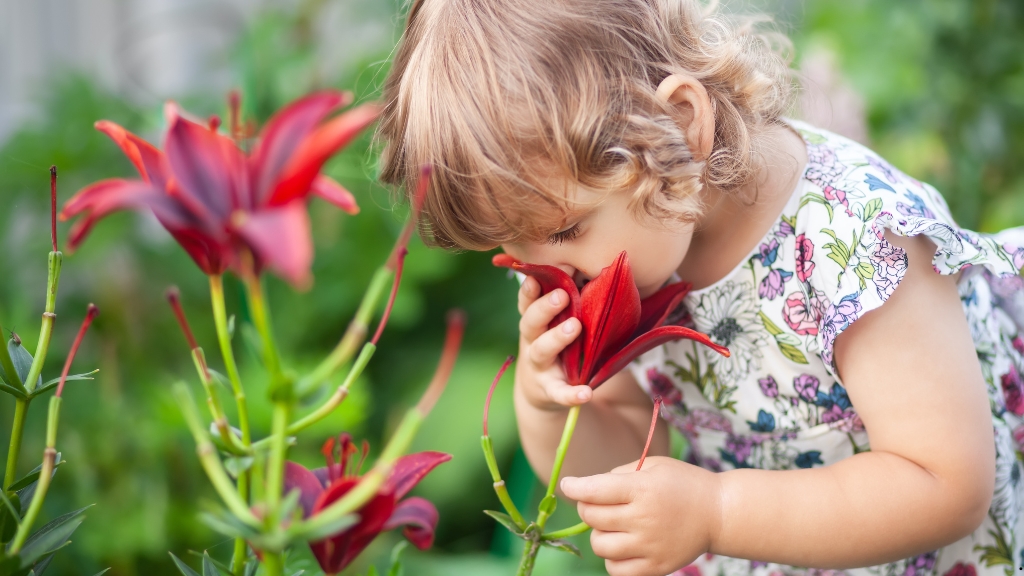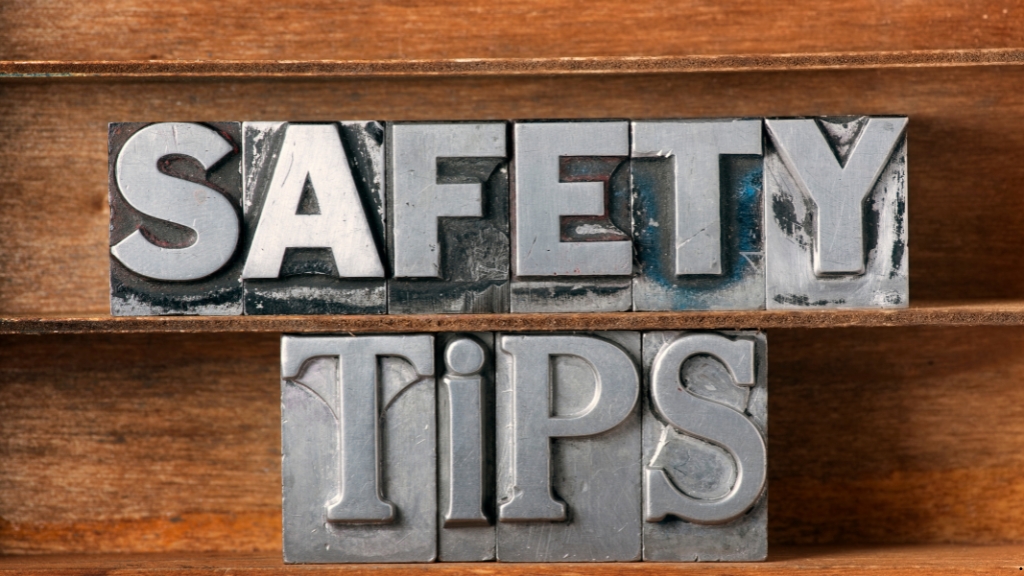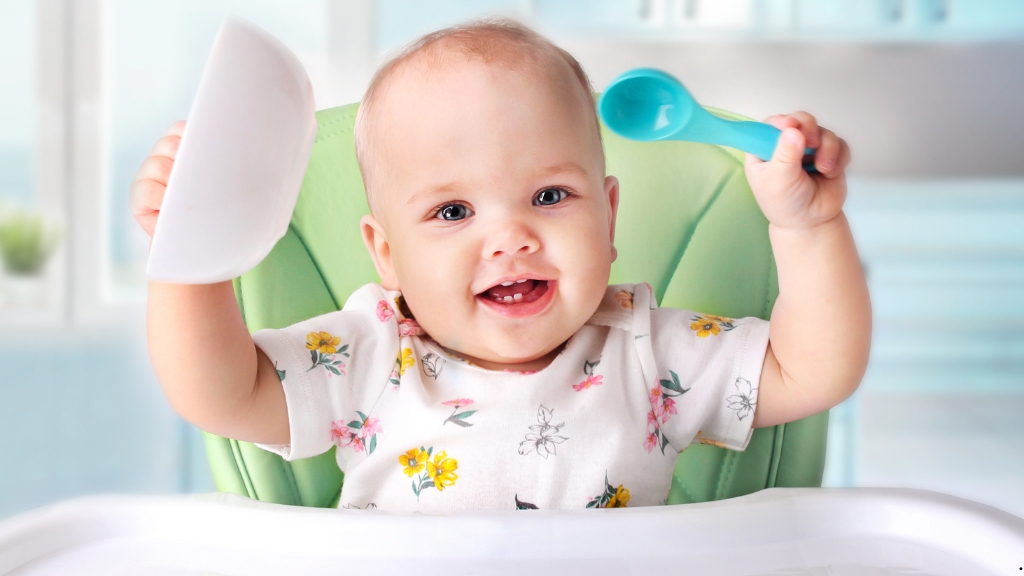Spotting Early Signs of Allergies in Toddlers: A Parent's Essential Guide

As a parent, nothing is more concerning than watching your little one struggle with unexplained symptoms. Allergies can sneak up on toddlers, often manifesting in subtle ways that are easy to overlook. Recognizing these early signs is crucial for ensuring their comfort and health.
From sneezing and rashes to digestive issues, the symptoms can vary widely. I’ve learned that being vigilant can make a significant difference in managing allergies effectively. By understanding what to look for, I can help my child navigate their world with less discomfort and more joy. Let's dive into how to spot those early warning signs and take proactive steps for our toddlers' well-being.
Understanding Allergies in Toddlers
Allergies in toddlers can present unique challenges for parents. Identifying these reactions early can significantly improve a child's comfort and health.
What Are Allergies?
Allergies occur when the immune system reacts to substances that typically don’t trigger a response in most people. Allergens can cause symptoms like sneezing, rashes, and digestive discomfort. In toddlers, their developing immune systems might overreact to these substances, leading to allergic reactions that require attention. Common symptoms in toddlers include itchy skin, watery eyes, and gastrointestinal distress. Recognizing these signs is crucial for managing allergies effectively.
Common Allergens in Toddlers
Common allergens that affect toddlers include:
Food items: Milk, eggs, peanuts, tree nuts, soy, wheat, fish, and shellfish are frequent causes of allergic reactions.
Environmental factors: Pollen, dust mites, mold spores, and pet dander often trigger symptoms in sensitive children.
Insect bites and stings: Reactions to bites from insects like mosquitoes and stings from bees can lead to itchiness or swelling.
Medication: Some children may experience allergies to antibiotics or other medications.
Identifying these allergens early helps create a safer environment for toddlers and improves their overall well-being.
Symptoms of Allergies
Spotting early signs of allergies in toddlers is crucial for effective management. Symptoms can manifest in various ways, affecting the skin, respiratory system, and gastrointestinal tract.
Skin Reactions
Skin reactions often appear as rashes, hives, or eczema. Rashes usually present as red, itchy patches, while hives feature raised, swollen welts. Eczema, characterized by dry, inflamed skin, can lead to significant discomfort. Monitoring for these skin changes after exposure to potential allergens, such as certain foods or environmental irritants, is essential for timely intervention.
Respiratory Symptoms
Respiratory symptoms frequently include sneezing, coughing, nasal congestion, and wheezing. Sneezing may occur after exposure to allergens like pollen or dust. Nasal congestion often leads to runny noses, which can indicate allergic rhinitis. Wheezing may suggest asthma-related issues triggered by allergies. Being observant of these symptoms can aid in identifying and addressing potential respiratory allergies.
Gastrointestinal Issues
Gastrointestinal issues may manifest as vomiting, diarrhea, or abdominal cramping. Vomiting can occur shortly after consuming an allergen, such as milk or eggs. Diarrhea might follow food intake or exposure to allergens, leading to discomfort and dehydration. Recognizing these symptoms, especially after meals, is critical in isolating the cause and ensuring appropriate dietary adjustments.
When to Seek Medical Advice
It's essential to know when to consult a healthcare professional regarding your toddler's allergy symptoms. Early intervention can prevent complications and ensure your child receives the necessary care.
Recognizing Severe Reactions
Recognizing severe allergic reactions is crucial for your toddler's safety. Symptoms of anaphylaxis, a severe allergic response, include difficulty breathing, swelling of the lips or throat, rapid heartbeat, and a rash or hives that spreads quickly. If your toddler experiences any of these symptoms, seek emergency medical help immediately. Timely recognition and intervention can be lifesaving.
Importance of Early Diagnosis
Early diagnosis of allergies can significantly improve your toddler's quality of life. Identifying the specific allergens allows for effective management and avoidance strategies, minimizing exposure. With proper evaluation, healthcare professionals can provide guidance on treatments, including antihistamines or personalized management plans tailored to your child's needs. Early diagnosis can also prevent the development of more severe reactions over time.
Strategies for Parents
I recommend implementing several strategies to effectively manage allergies in toddlers. Proactive measures can significantly improve health outcomes.
Keeping a Symptom Diary
Maintaining a symptom diary is a practical approach for tracking allergies. I record specific symptoms, including their frequency and duration. Noting potential triggers, such as food items or environmental factors, helps identify patterns. This tracking simplifies discussions with healthcare providers and enhances accuracy in diagnosing allergies.
Discussing with Pediatricians
Regular discussions with pediatricians are crucial for managing allergic symptoms. I schedule timely appointments to share insights from the symptom diary. Open conversations about my toddler's reactions to certain foods or environmental factors allow for better assessment and tailored management strategies. Pediatricians can provide valuable guidance on testing, treatment options, and lifestyle changes to minimize exposure to allergens.
Conclusion
Spotting early signs of allergies in toddlers can make a world of difference in their comfort and well-being. By being attentive to symptoms like sneezing, rashes, and digestive issues, I can take proactive steps to manage their health. Keeping a symptom diary and maintaining open communication with my pediatrician empowers me to identify triggers and seek timely interventions.
I know that early diagnosis is crucial for preventing complications and improving my child's quality of life. With vigilance and the right strategies, I can create a safer environment for my toddler and help them thrive. Remember, it's always better to err on the side of caution when it comes to our little ones' health.




